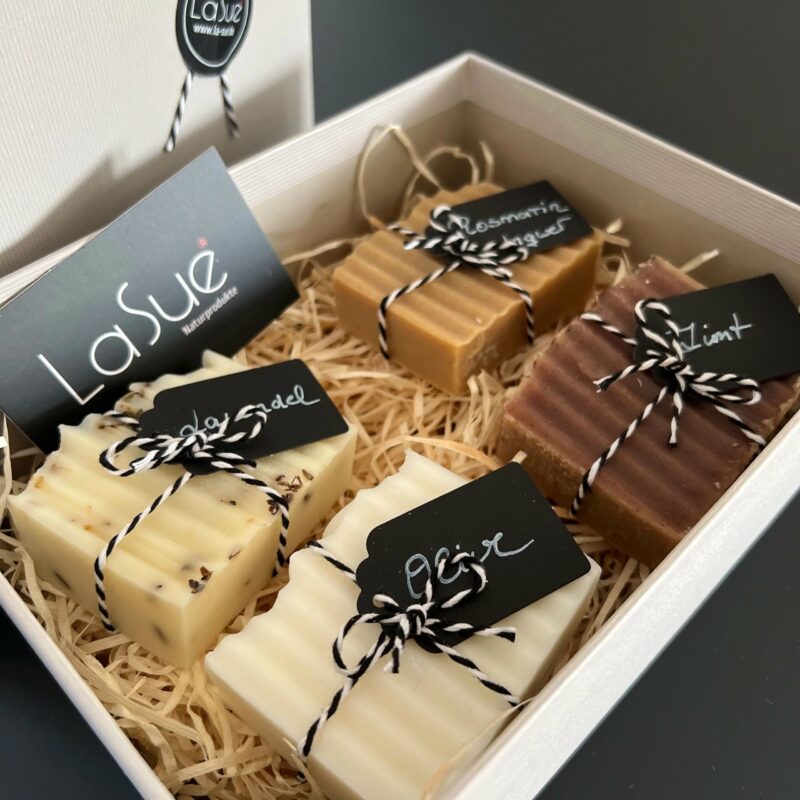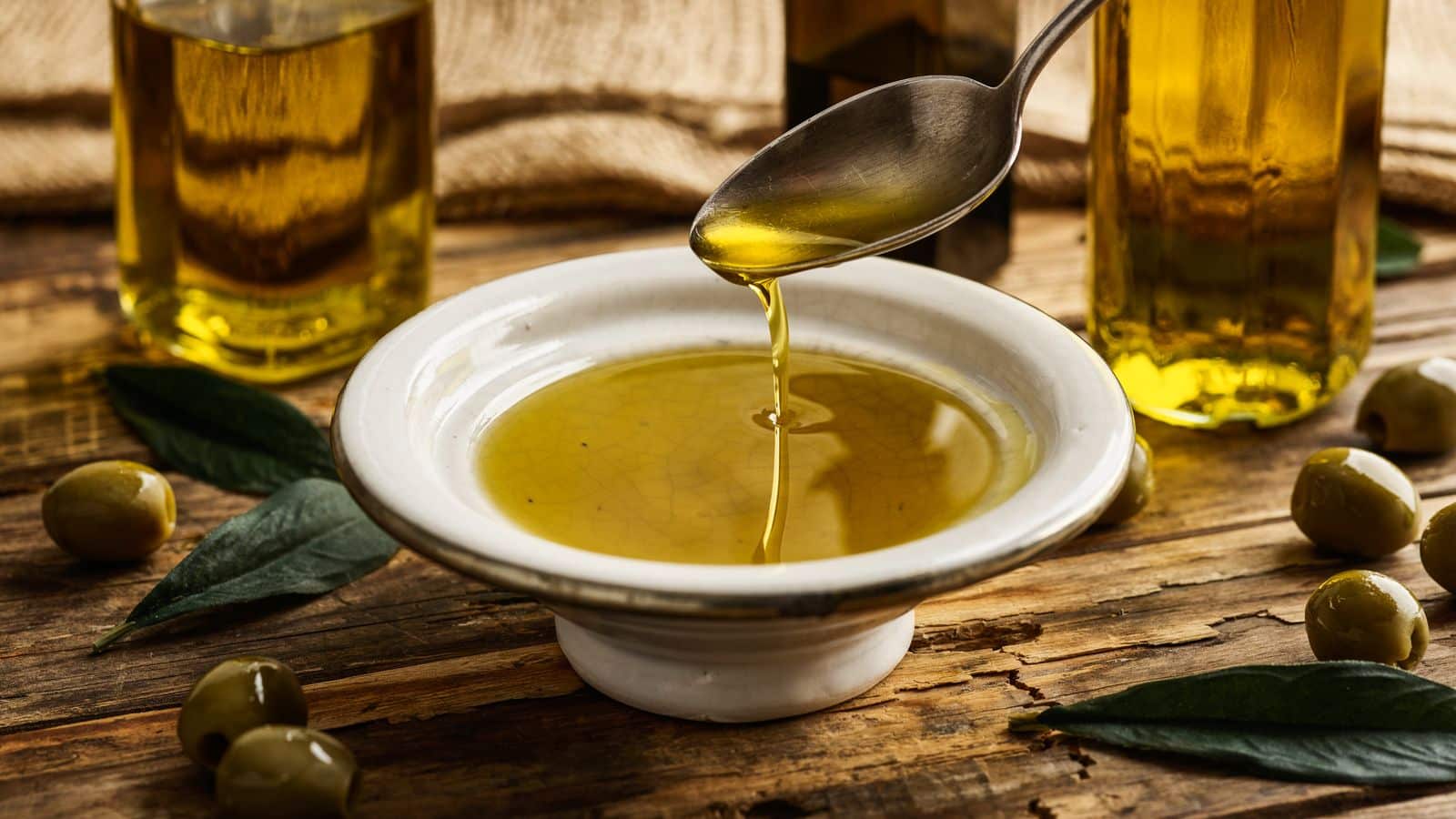How is olive oil used? What are the pros and cons of olive oil?
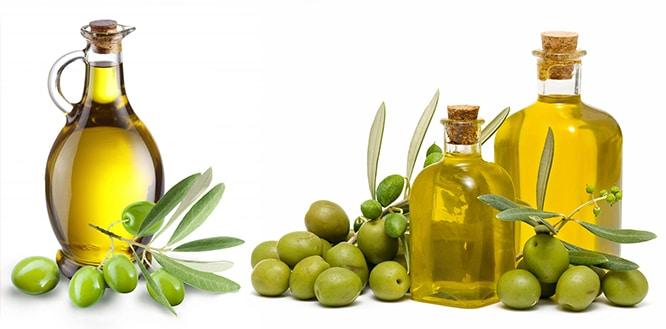
Olive oil is a very beneficial food for human health and rich in antioxidants. The main oil it contains, oleic acid, is a monounsaturated fatty acid and is very useful. The fatty acids and antioxidants in extra virgin olive oil protect heart health and reduce the risk of stroke. It also helps protect the body from cell damage and cancer. Contrary to popular belief, when consumed in a balanced way, it does not lead to weight gain and even helps to lose weight. It is very nutritious for hair and skin. However, it is not suitable for all skin types. Consult a dermatologist before use as it can aggravate some skin conditions.
What is olive oil
Olive oil is the oil extracted from the olive, the fruit of the olive tree. Although originally from the Mediterranean region, it is now consumed all over the world. The production process of olive oil, which is used in cooking, cosmetics, medicine and soap making, is actually very simple.
How is olive oil made?
After the olives have been separated from their branches and leaves and washed, they are pressed into a paste to extract the oil. After pressing, the olives that have become dough are kneaded (malaxation) for about 20-40 minutes. During this process, the olive is heated.
If the temperature stays below 27 degrees, the olive oil is cold-pressed, if it rises above it (it can be heated between 35-60 degrees), it is hot-pressed. In the next process, the oil and black water of the olive are separated from the pulp (pomace). After the pomace has been discarded, the oil and blackwater are separated by centrifugation. The last step is filtering. In this process, the olive oil is cleaned of all residues and gets its well-known light color.
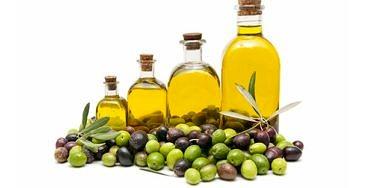
Nutritional content of olive oil
One tablespoon (13,5 g) of olive oil contains the following nutrients:
Calories: 119
Saturated Fat: 1,86g (14%)
Monounsaturated fats: 73% (mainly oleic acid)
Vitamin E: 1,9 mg (13% of the daily value)
Vitamin K: 8,13 mcg (7% of the daily requirement)
Particularly genuine extra virgin olive oil is rich in antioxidants (polyphenols, tocopherols, phytosterols, squalene, terpenic acids, etc.). These antioxidants, which are biologically active and have anti-inflammatory properties, may reduce the risk of chronic disease and heart disease and protect against inflammation.
Additionally, studies show that the major fatty acid, oleic acid, which makes up 73% of olive oil's total fat content, reduces inflammation and may have a positive impact on cancer genes.
Benefits of Olive Oil
Protects against heart disease
Studies conducted over the past decade have shown that heart disease is less common in Mediterranean countries, largely due to the Mediterranean diet. Extra virgin olive oil is one of the main ingredients of this diet. (1)
Thanks to the polyphenols, a type of antioxidant, it contains, it can lower blood pressure, protect “bad” LDL cholesterol particles from oxidation, heal the lining of blood vessels and prevent blood clots. (2)
May Reduce Risk of Stroke (Stroke)
Stroke is caused by a disruption in blood flow to the brain due to blood clots or bleeding and is the second leading cause of death in developed countries. Several large studies have shown that olive oil can lead to a reduction in the risk of stroke. (3)
Does not cause weight gain and can even help with weight loss
Unlike many other types of oil, studies have found no link between olive oil and weight gain. It is even believed that a diet high in olive oil can help with weight loss if not consumed excessively. (4)
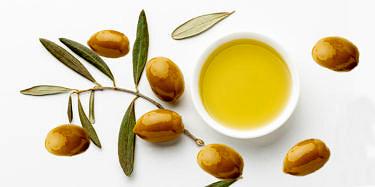
May protect against Alzheimer's disease
One of the main causes of Alzheimer's disease is amyloid beta plaques that build up in brain cells. In a study on mice, extra virgin olive oil was found to slow plaque formation thanks to the oleocanthal it contains, which may help slow or stop the progression of Alzheimer's disease. Also, a Mediterranean diet rich in olive oil can prevent dementia by protecting brain function. (5)
May reduce risk of type 2 diabetes
Extra virgin olive oil has positive effects on blood sugar and insulin sensitivity. Therefore, it offers a high level of protection against type 2 diabetes. A study has confirmed that a Mediterranean diet rich in olive oil reduces the risk of type 2 diabetes by over 40%. (6)
Has anti-cancer properties
The antioxidants found in olive oil can reduce oxidative damage from free radicals, thought to be a major cause of cancer, and protect against epigenetic changes. However, more work is needed to confirm this. (7)
Benefits of Olive Oil for the Stomach
The antibacterial properties of extra virgin olive oil can inhibit or kill the Helicobacter pylori bacteria that live in the stomach, which can cause stomach ulcers or stomach cancer. One study found that 30g of extra virgin olive oil taken daily can eliminate Helicobacter pylori infection in 10-40% of people in just two weeks. (8)
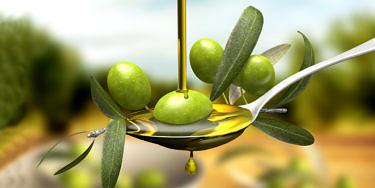
Can prevent liver damage
The oleic acid and phenolic compounds found in extra virgin olive oil help prevent inflammation, oxidative stress, insulin resistance, and other issues that can cause liver damage. (9)
Supports gut health
A 2019 study found that the phenols in olive oil may support gut health by boosting gut immunity. This can be helpful for inflammatory bowel diseases such as ulcerative colitis and Crohn's disease. (10)
Olive Oil and Constipation
A tablespoon of extra virgin olive oil, taken in the morning on an empty stomach, softens the interior of the intestines thanks to the beneficial oils it contains, facilitating bowel movements. It also helps the stool retain more water and stay softer, which helps prevent constipation. However, if you are constipated, it is recommended that you primarily consume fibrous foods.
- Instead of using olive oil for constipation in children and babies, opt for apple or pear juice or plum jam.
Benefits of Olive Oil for Hair
The main chemical components of olive oil, oleic acid, palmitic acid and squalene, have an emollient effect. Olive oil can soften and strengthen hair by penetrating the hair shaft and locking in moisture. It can also repair broken or burnt ends. However, if your hair is thin or greasy, you should not use olive oil. Olive oil is more effective on dry and thick hair. Be sure to try these olive oil soapsthat we have prepared for you.
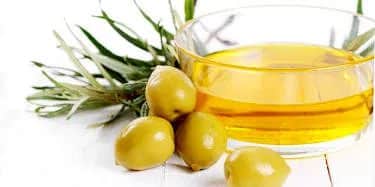
How to use olive oil in hair
- If you only apply it to the ends of your hair, 1 tablespoon of olive oil is enough, if you apply it to all your hair, ¼ cup of olive oil is enough.
- Massage your hair with olive oil for a few minutes. If your scalp is dry, you can also massage this area.
- After the massage, put a shower cap over your hair and wait 15 minutes.
- Comb your hair with a wide-toothed comb before washing with shampoo. This will make it easier for you to scan and design later.
- Now you can wash them with shampoo.
- Do this at least once a week.
Benefits of Olive Oil for Skin
Mainly thanks to the vitamins A, D, K and E it contains, olive oil is a skin-friendly oil. It is a component of many personal care products, including face and body washes, soaps and lotions. You can also use it as a moisturizer by applying it directly to your skin.
However, make sure that the olive oil you put on your skin is of high quality. Also, olive oil may not be suitable for all skin types. For this reason, we recommend that you consult a dermatologist before use.
Olive oil;
It's a great makeup remover:Using gentle movements, wipe your skin with extra virgin olive oil placed on a cotton pad. Then clean your face with a cloth dampened with warm water.
Moisturizes the skin: Extra virgin olive oil is a very good moisturizer for the face and body. However, it is not suitable for oily skin. Before bed, place three drops of olive oil in the palm of your hand and warm the oil by rubbing your hands together and gently massaging your face. You can also mix it into your night cream.
Helps Repair Damaged Skin Tissues: Thanks to the vitamins it contains, it moisturizes and repairs areas prone to dryness and cracks, such as elbows and knees.
It can support the treatment of acne and psoriasis: Thanks to its anti-inflammatory properties, it can help with skin conditions like acne, rosacea, and psoriasis. However, consult a dermatologist first. Olive oil may not be suitable for all skin types.
Revitalizes and strengthens the skin: The contained vitamins A and E strengthen the firmness of the epidermis and stimulate collagen production. On the other hand, the high oleic acid content regenerates the skin cells and gives the skin elasticity and a natural glow.
Removes wrinkles and aging effects:Olive oil can reduce skin aging and wrinkling due to its antioxidant content. You can apply the oil to the eye area at night or after sun exposure.
How is olive oil used?
The uses of olive oil are unlimited. In the kitchen: you can add it to salads and dishes, but you can also fry it. You can dip your bread by putting it on a plate for breakfast and seasoning it a bit. In addition, it is extremely beneficial and nourishing for the skin. In addition, it is extremely beneficial and nourishing for the skin.
According to a study, foods fried in olive oil do not lose their nutritional value and may even be more nutritious. This is because food absorbs antioxidants from fat. However, repeated use of olive oil in frying can lead to deterioration of the oil and the formation of toxic compounds.

How is olive oil stored?
- When buying olive oil, look for the harvest date on the bottle. If no such date is given, the bottling is probably more than two years old. That's not a good thing.
- Store the oil away from direct light (in a cupboard, etc.). Don't put it near the window. Ultraviolet rays damage olive oil and can spoil it. If you want to fill it in a different bottle, choose a dark color or a ceramic bottle.
- Do not store near a stove or oven.
- Prevent your oil from being exposed to air.
- Also, avoid exposing your oil to air. Air can affect the quality of the oil. The moment you open a bottle of olive oil (just like a bottle of wine), the bottle fills with oxygen and the degradation process begins. Therefore you should use your oil within 1-2 months after opening.
Harmfulness of olive oil
- Olive oil is not suitable for oily skin or skin conditions such as dermatitis. It is also not recommended for use in infants. It can cause eczema in the future.
- Consuming too much of it leads to weight gain.
- It burns easily at high temperatures. If you notice it burning before frying, do not use it.
- Consuming too much olive oil can lead to stone formation or blockage in the gallbladder.

